Merz elected Germany’s chancellor, designing for the senses, South Koreans vow off traditional weddings and this month’s cultural highlights.
|
Wednesday 7/5/25
|

|
|
London
Paris
Zürich
Milan
Bangkok
Tokyo
Toronto
|
|
|
|

Good morning. Today, our editors are bound for Venice to preview the pavilions ahead of the city’s architecture biennale. Be sure to tune in to Monocle Radio through the week to hear their insights. Here’s what’s coming up in today’s Monocle Minute:
THE OPINION: The pageantry of Russian propaganda
POLITICS: Merz finally elected Germany’s chancellor
IN PRINT: Architecture’s ability to create a sense of calm
SOCIETY: South Koreans shun traditional weddings
THE LIST: Three exhibitions to visit in May
|
|
Russia’s Victory Day military parade is more intimidation than celebration
By Alexis Self
|

|
Military parades are more about the present than the past. Before Leonid Brezhnev made 9 May a public holiday in 1965, commemorating the end of the Second World War was a muted affair in Russia. A society that had given more than 25 million lives to the fight was in no mood for flypasts and ticker tape. But as the Cold War heated up, Victory Day became more and more about militaristic posturing for a Western audience.
The arc of Vladimir Putin’s rule has seen a similar increase in missiles, men and MiGs at the annual jamboree. This year’s event on Friday, coinciding with the 80th anniversary of the defeat of Nazi Germany, promises to be the most baroque of his two-and-a-half decades in power, featuring costumed re-enactments of the fall of Berlin and a scale replica of the Reichstag that will be stormed and beflagged.

Red flag: Troops rehearse ahead of Friday’s Victory Day military parade
As in the 1970s and 1980s, the true purpose of Friday’s parade is not to solemnly commemorate the millions dead but instead to draw a heavy-handed parallel between a past conflict and a present one. Putin has consistently framed his full-scale invasion of Ukraine as a repeat of the glorious vanquishing of Hitler’s Germany by labelling Ukraine’s pro-Western leadership “Nazis” and drawing parallels between the invasion of the Soviet Union and the expansion of Nato.
It does not take a student of history to see the tragic absurdity of invoking past atrocities to justify modern ones. Most world leaders, or at least the democratically elected ones, recognise Putin’s parades for what they are: acts of intimidation against enemies both foreign and domestic. This year’s “grand” event comes as the US government is attempting to strong-arm Kyiv into a peace deal with Moscow. Whether or not one believes that Ukraine should accept such a deal (however unfavourable), if Putin is able to frame next year’s Victory Day as a double celebration then the only thing it bodes well for is more military parades.
Self is Monocle’s foreign editor. For more opinion, analysis and insight, subscribe to Monocle today.
|
|
politics: germany
Germany finally has a new chancellor – but at what cost?
Friedrich Merz has waited years to become Germany’s chancellor and yesterday he had to wait a few chaotic hours longer (writes Christopher Cermak). Merz became the first candidate in the country’s postwar history to lose a parliamentary vote to elect a new government, despite a coalition agreement and parliamentary majority supposedly in place. What was meant to be a ceremonial vote in the Bundestag and a moment of national unity – with one of Germany’s longest-serving chancellors, Angela Merkel, on hand to bear witness – turned into a momentary national crisis.
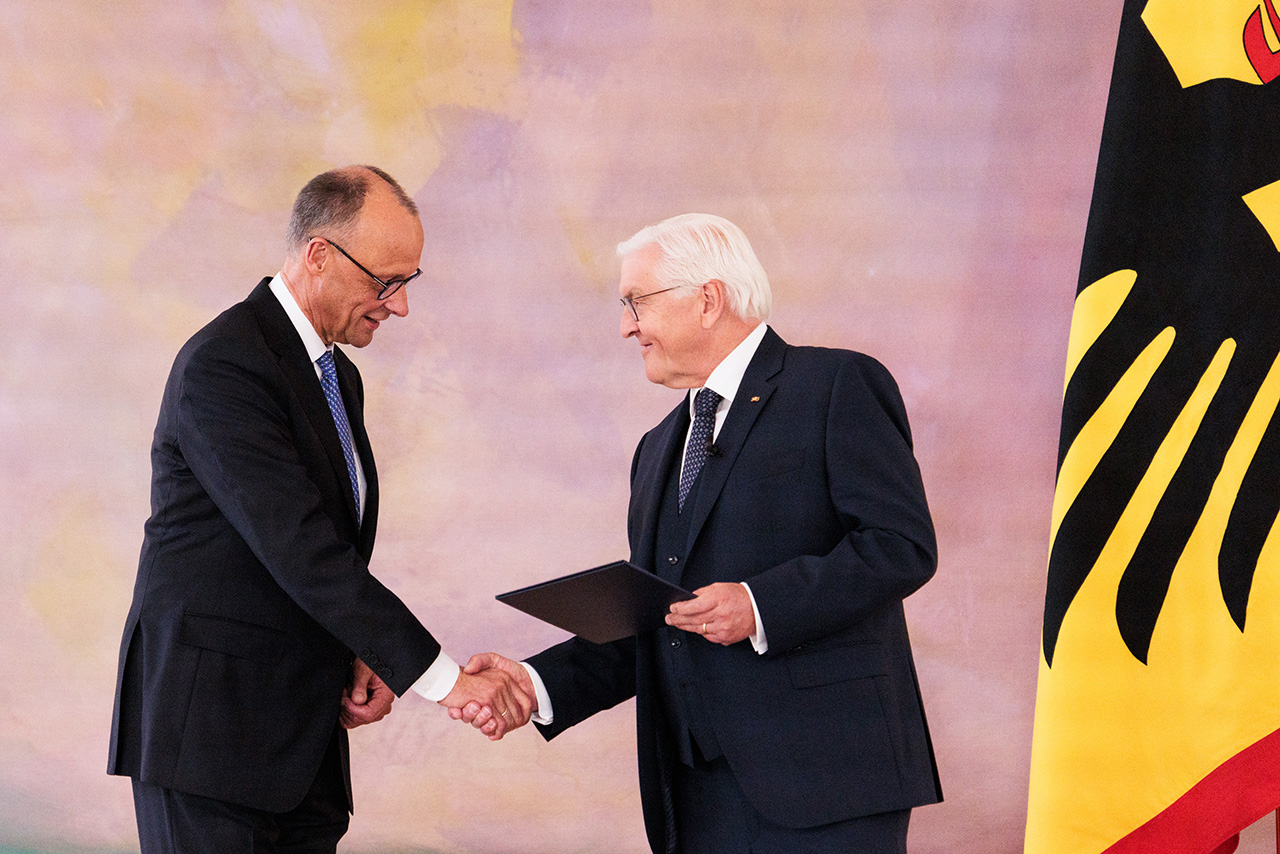
Shaky start: Merz (on left) with German president Frank-Walter Steinmeier
Just a few hours later, Merz was elected chancellor in the second secret ballot – but the damage was already done. German commentators have noted that this hasn’t merely harmed Merz as the rogue MPs intended, it has also tarnished the nation’s image. Germany prides itself on political stability. After former chancellor Olaf Scholz’s coalition descended into acrimony, this new government was meant to herald a return to normalcy. Instead, this episode has damaged Germany’s credibility at a time when Europe sorely needs strong leaders.
|
|
in print: japan
How spaces of contemplation can help us to reconnect with our senses
For thousands of years, people have sought out places to visit where they can get away from the bustle of everyday life. Architecture has the ability to create moments of calm. For Monocle’s May issue, we journeyed across the globe to bring you a selection of outstanding buildings that offer somewhere for our thoughts to drift. First up? Kohtei, Japan.
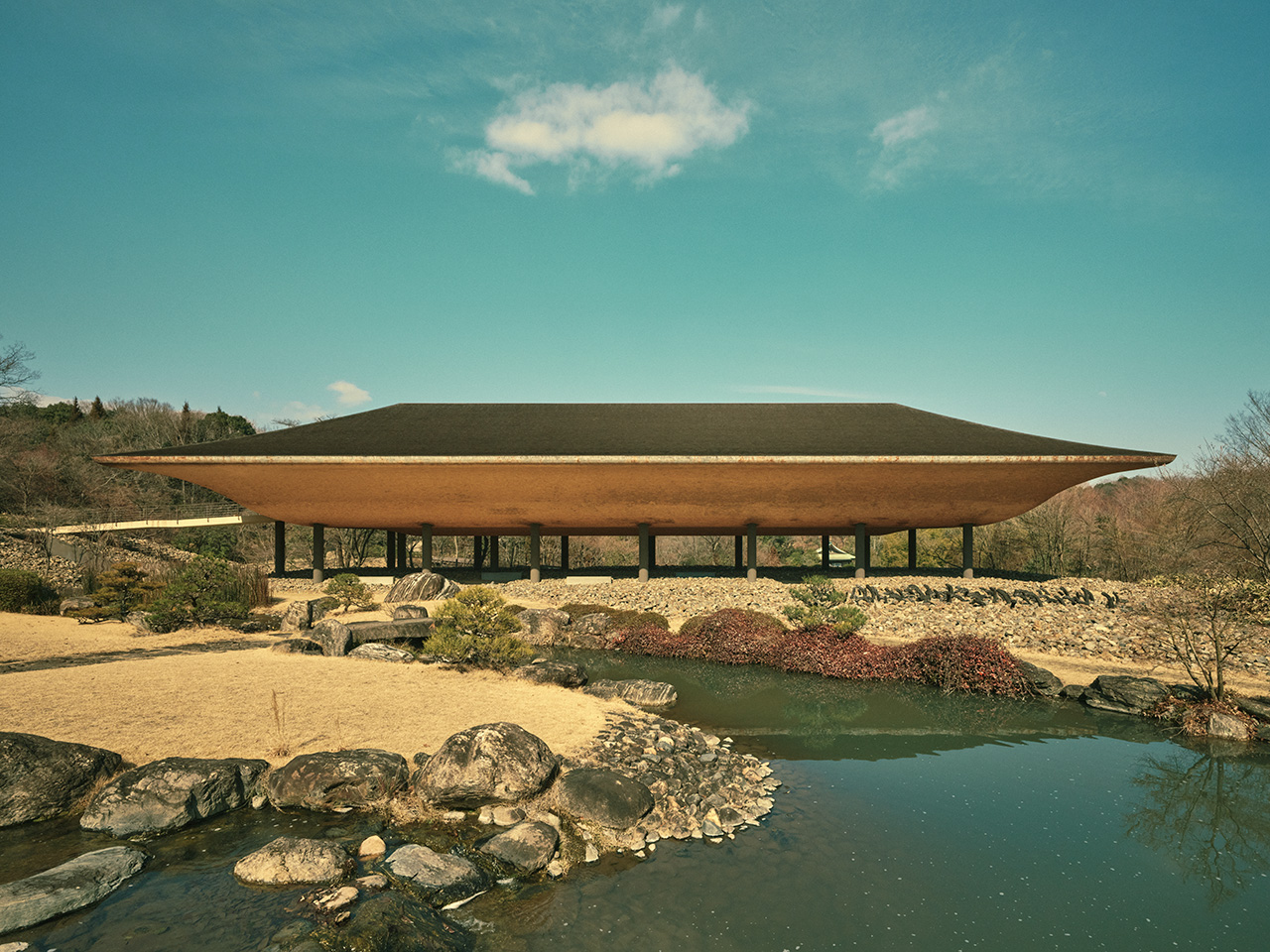
Standing out: Kohtei art pavilion
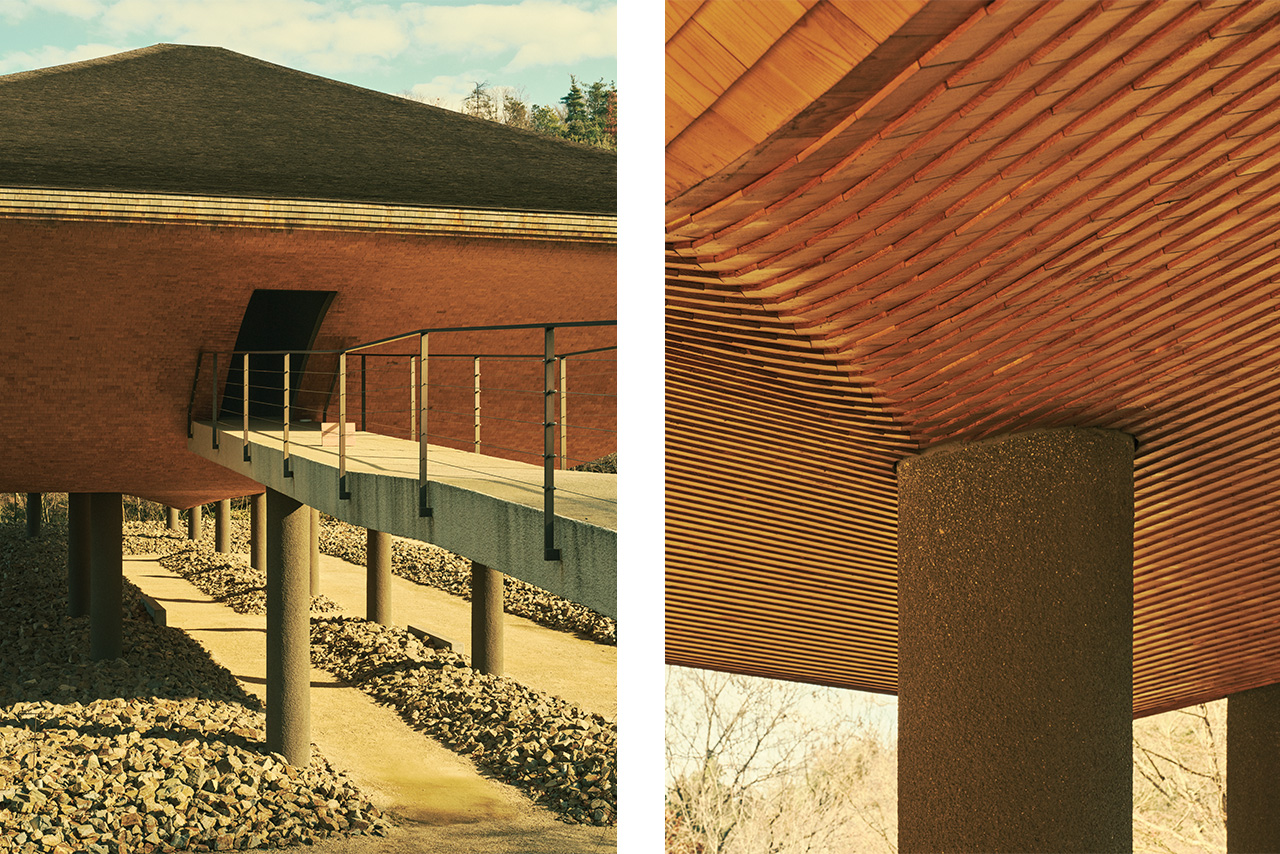
Sacred by design: A doorway to Zen
Set in lush green hills to the west of the Japanese city of Fukuyama, Buddhist meditation pavilion Kohtei has a mysterious air, appearing to hover above a sea of stones (writes Fiona Wilson). That was exactly the intention of Kohei Nawa, the contemporary artist who created the design. “Kohtei was designed to resemble a ship floating in the mountains,” says Nawa, who worked on the pavilion with architects Yoshitaka Lee and Yuichi Kodai as part of an art collective, Sandwich. The sensation of entering the pavilion, plunging into total darkness, is an immediate shock to the visitor’s system. In the darkness, faint light and rippling waves flicker, allowing visitors to engage in a quiet experience that sharpens their senses. While the surrounding Shinshoji temple and gardens open a door to Zen, Kohtei is perhaps the most effective route into the Buddhist meditation practice. And there is much it can offer in the modern world, not least a way to switch off from our busy, overstimulated lives.
szmg.jp
To read the full story, pick up a copy of Monocle’s May issue.
|
|
society: south korea
Wedding planners jilted as South Korean couples object to traditional ceremonies
Weddings have always been big business in South Korea, where the average ceremony costs up to 63 million won (€40,000) (writes Tom Webb). The South Korean wedding has been a heavily structured and packaged marketplace for decades, with hundreds of guests supplying a generous bounty of gifts. But the funds needed for marriage are often even higher – about 360 million won (€230,000) – as the expense can conventionally include housing for the newlyweds. As the country’s economic headwinds ring in change, young couples are now preferring to say “I don’t” to such overly planned ceremonies.
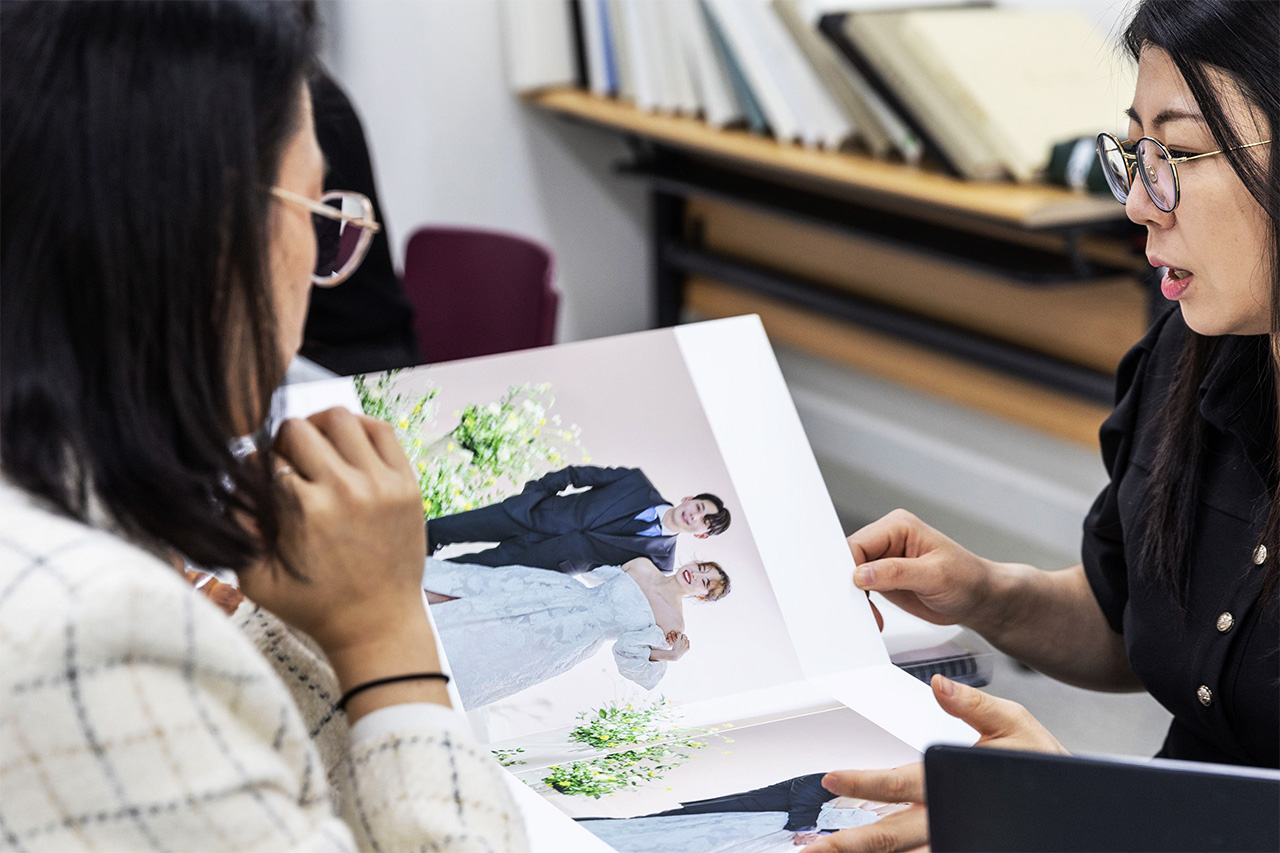
Till debt do us part: A wedding planner at a bridal fair in Seoul
There’s a growing trend of DIY weddings kitted out with goods from Chinese shopping platforms such as Aliexpress or Temu: affordable options for dresses, shoes and bouquets are being purchased instead of the “studio-dress-makeup” packages that long dominated the market. Traditional ceremonies are being replaced by micro-soirées held in smaller venues with fewer guests. The often absurd cost of getting hitched in South Korea has also received the blame for the nation’s falling marriage rates, prompting the government to mandate changes to contract terms at 18 major wedding-planning firms that use hidden fees and costly add-on services to bump up the bill.
|
|
the list: Three exhibitions to visit
Matters of the art: The best of May’s cultural highlights
Here is a run-down of three major exhibitions taking place at museums across the world this month, from Fotomuseum Winterthur to the National Gallery of Iceland (writes Steve Pill).
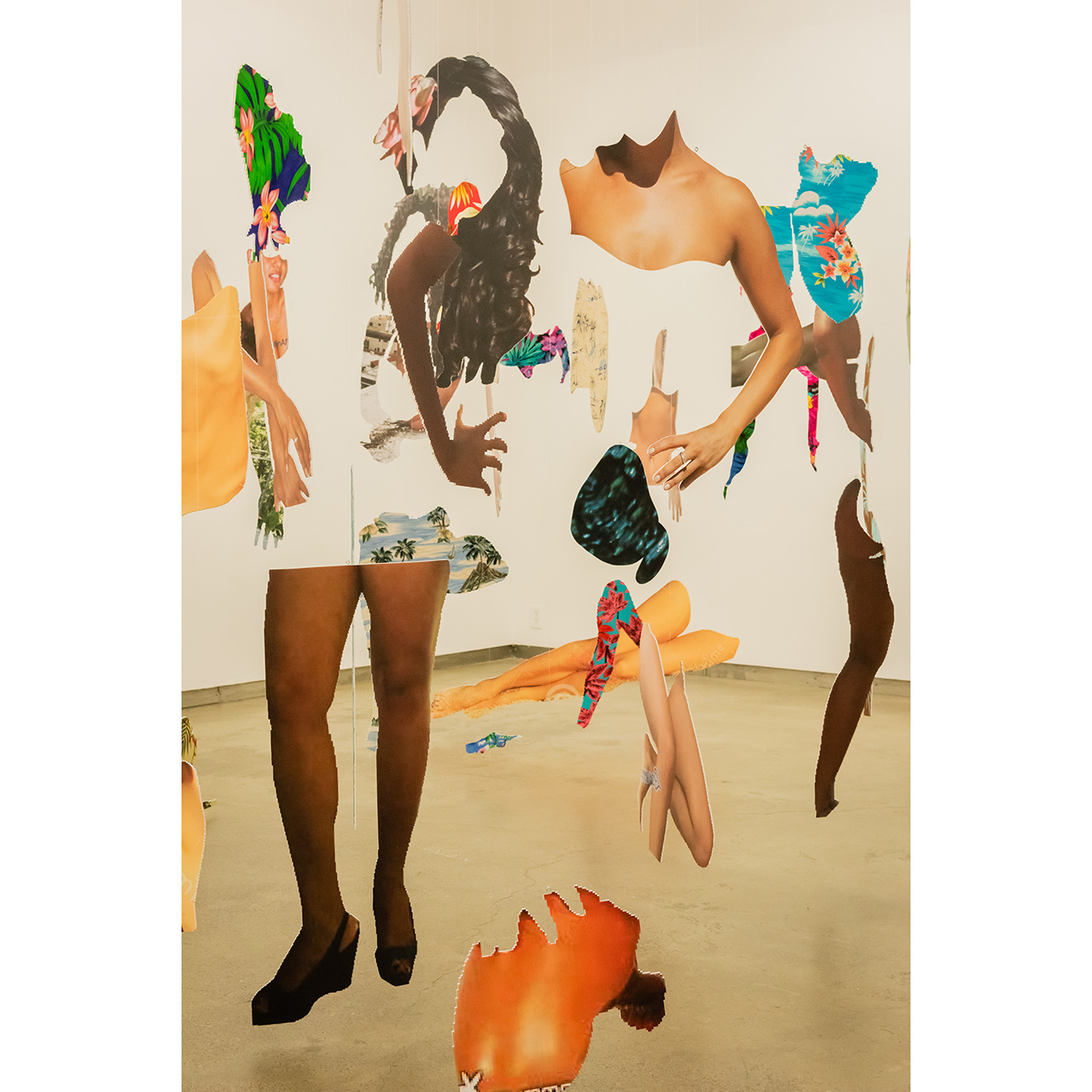
Making the cut: The Lure of the Image
‘The Lure of the Image’
Fotomuseum Winterthur, Winterthur
The popular Swiss photography museum reopens on 17 May after a two-year renovation. This group show draws on three years of online experimentation and dialogue between artists and researchers. ASMR videos and memes will be employed to make serious points about the seductive appeal of photography.
‘The Lure of the Image’ runs from 17 May until 12 October
‘Source Notes’, Lorna Simpson
The Metropolitan Museum of Art, New York
Whether working in painting and photography or text-based wall sculptures, Lorna Simpson always puts people at the heart of her examinations of race, gender, time and memory. This overview of her 40-year career also carries recent highlights from her Special Characters series. The “source notes” of the title are her found images, often cut from vintage magazines.
‘Lorna Simpson: Source Notes’ runs from 19 May until 2 November
‘The Clock’, Christian Marclay
National Gallery of Iceland, Reykjavík
A 21st-century masterpiece, The Clock is a 24-hour supercut of 100 years of film and TV history. Every new minute is marked by a clip displaying or mentioning the exact time. Marclay spent three years scouring archives to find each one. For its Icelandic debut, the gallery stayed open all night and will do so again on the summer solstice so that visitors can immerse themselves in the rhythms of the work – or simply set their watches by it.
‘The Clock’ opened on 2 May and runs until 22 June
|
|
Monocle Radio: Monocle ON DESIGN
Monocle Design Awards 2025
We’re celebrating the fifth edition of the annual Monocle Design Awards by discussing highlights from this year’s cohort of winners. We hear from medallists Manuel Cervantes and Eva-Marie Eriksson.
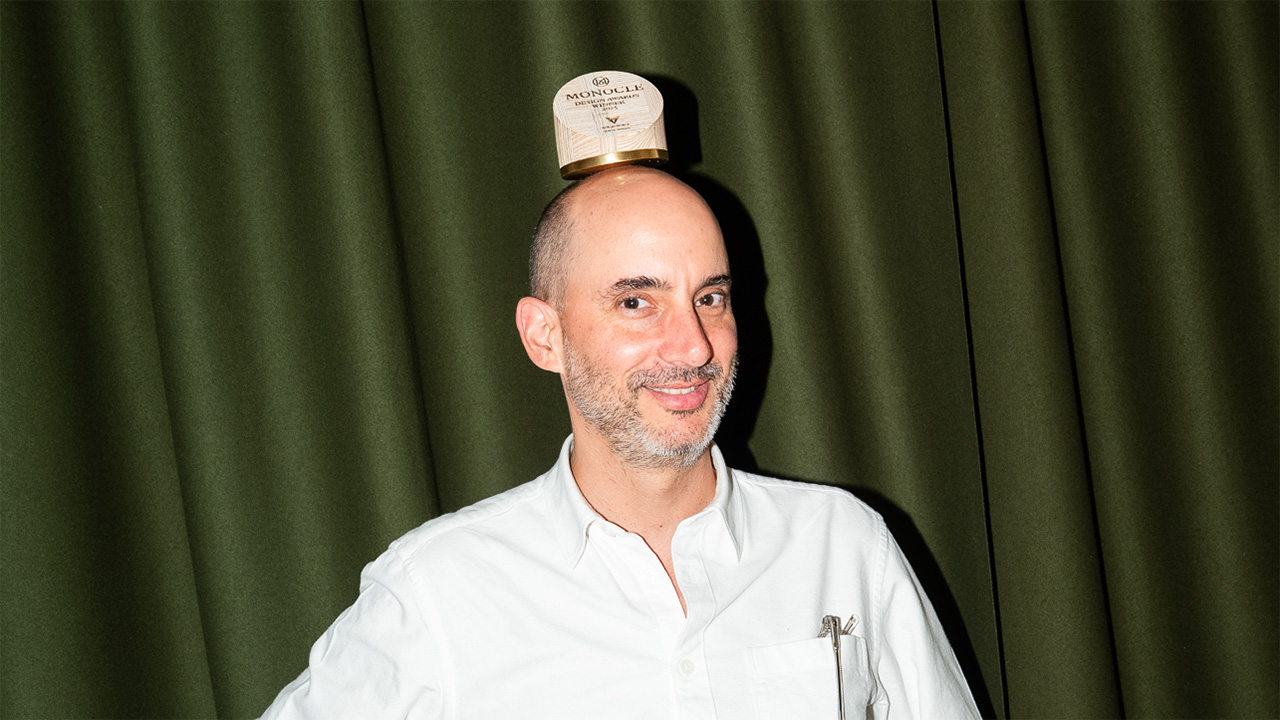
|
|
Newsletter:
Join us
Welcome to our world
Has this been forwarded to you
by a friend? Sign up to The
Monocle Minute and Monocle
Weekend Editions to receive your
own bulletin of weekday news and
weekend treats.
| | |